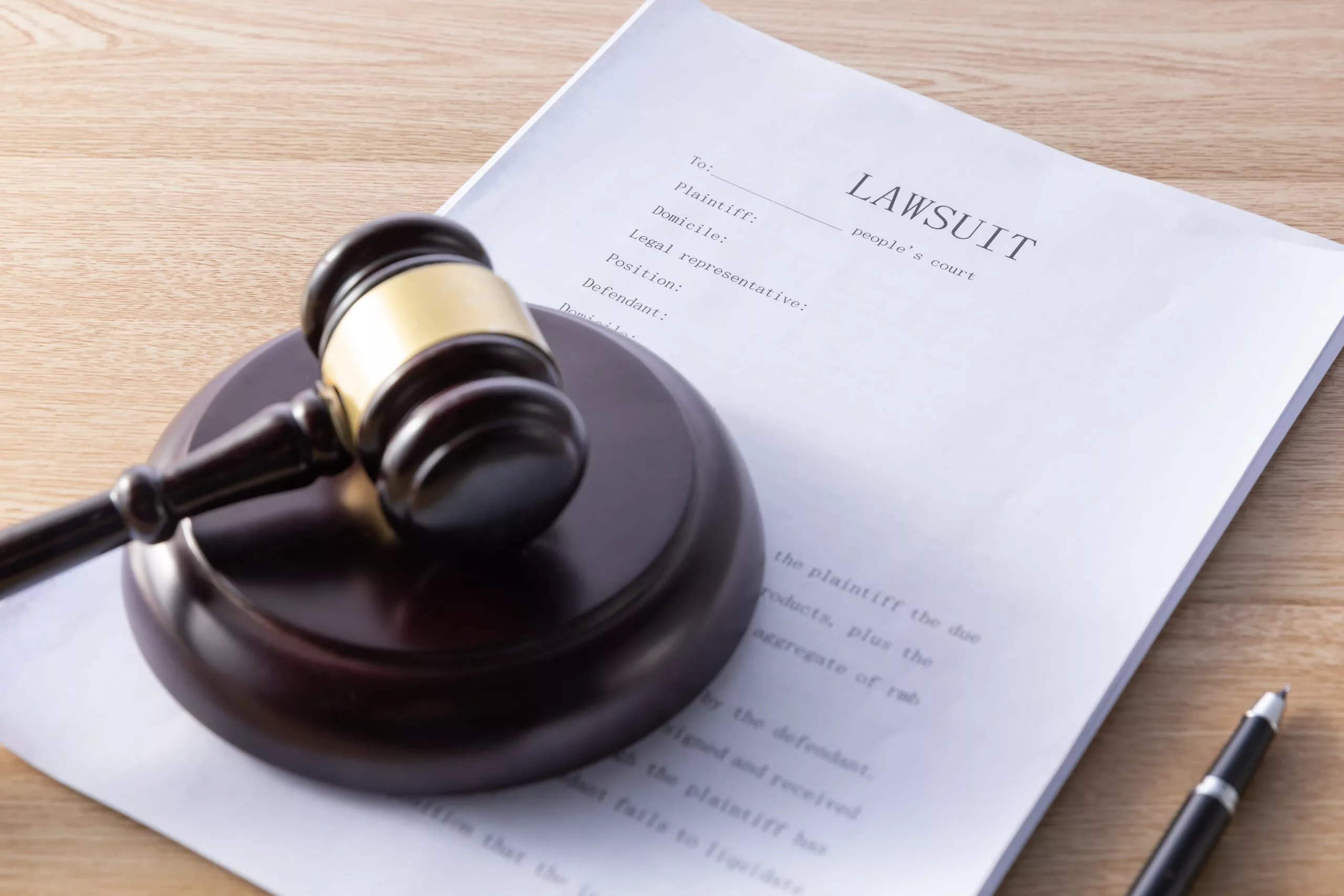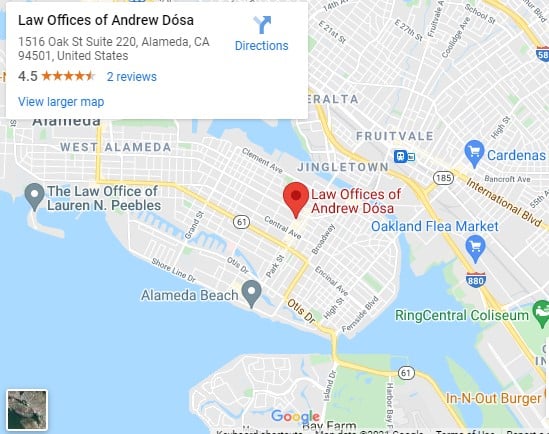We believe it will be helpful to give you an outline of common steps in civil lawsuits. During our consultation or follow conversations, I mentioned there are basically three phased to a lawsuit: the pleading, discovery, and trial phases. This presents that idea in more detail.
Pleading Stage:
a. Complaint:
Plaintiff files a complaint alleging facts that match recognized legal theories of recover against the defendant.
The pleading has facts, legal theories, and a request for relief (damages, injunction, etc.). If the complaint is verified, the plaintiff states under penalty of perjury the allegations are true. This is significant, as you can catch a plaintiff in a lie, misrepresentation, or show inaccurate perceptions or other problems.
b. Service of Process:
Court issues a summons, and the complaint is served on the defendant.
Defendant must respond within 30 days of service in state court, 21 in federal court.
c. Court Orders:
After the clerk accepts for filing the Complaint, there will be an assignment to a particular judge or department (called a single assignment), there will be the issuance of preliminary orders directing the course of the lawsuit, and a Case Management Conference will be set about 120-150 days out. At that Conference, the judge will inquire about Mediation or Alternative Disputge Resolution, and perhaps even set a trial date, with intervening dates so there is a monitoring of the progress of the case–so it does not flounder along. The courts are pushing for earlier resolutions of civil cases.
d. Answer:
Defendant files an answer admitting or denying the allegations.
If the Defendant wants to make counterclaims against the plaintiff, he can file a Cross-Complaint.
e. Demurrer/Motion to Dismiss/Strike:
Defendant may file a demurrer or motion to dismiss/strike asserting that the complaint is legally insufficient. If the court sustains the demurrer, or grants the motion to strike, it is usually with leave given for the plaintiff to amend the Complaint.
Discovery Stage:
Discovery is designed to be a broad inquiry into facts. At trial, the court can limit evidence, even, occasionally, relevant evidence. Discovery is allowed to be broad. The question is: is the discovery reasonably calculated to lead to the discovery of admissible evidence. Types of discovery:
a. Interrogatories:
Written questions are submitted to the opposing party, who must respond under oath.
b. Depositions:
Oral testimony, given under oath, is taken from parties and witnesses.
c. Requests for Production:
Parties can request documents or other tangible items or inspect items or property, including real property, such as the location of some event related to the allegations of the complaint.
d. Requests for Admission:
Statements or facts are presented to the other party for admission or denial. Further, the party may be asked to admit the genuineness of a document.
e. Motions to Compel:
If a party refuses to comply with discovery requests, the other party may file a motion to compel. Sanctions are often imposed if there was either no propriety to bringing the motion or the responding party is shown to have improperly responded or failed in some way to respond.
Pretrial Stage:
a. Motions for Summary Judgment:
Either party may file a motion arguing that no trial is necessary because there are no genuine issues of material fact, or there is no triable issue of fact. If one party offers a declaration stating a fact and the other party’s declaration states an opposite or conflicting fact, the court may have a triable issue of fact. That is, the court will not determine between the facts at this stage.
b. Pretrial Conferences:
Court may hold conferences to manage the case, discuss settlements, and establish trial timelines.
Trial Stage:
a. Jury Selection:
If applicable, a jury is selected for the trial.
b. Opening Statements:
Each party presents an overview of their case.
c. Presentation of Evidence:
Witnesses are called, documents are introduced, and evidence is presented.
d. Closing Arguments:
Parties summarize their case and attempt to persuade the judge or jury.
Post-Trial Stage:
a. Judgment:
Court issues a judgment based on the evidence presented at trial.
b. Appeals:
Either party may appeal the judgment if they believe legal errors were made during the trial.
c. Enforcement of Judgment:
If the judgment involves payment of damages, the prevailing party may take steps to enforce the judgment.
Dismissal or Settlement:
a. Settlement:
Parties may reach a settlement.
b. Voluntary Dismissal:
Either party may request the case be dismissed voluntarily.
c. Summary Judgment:
See above.
d. Default Judgment:
If a party fails to respond or appear, the court may enter a default judgment.
Please let me know if you have any questions.




